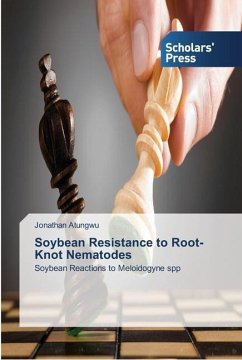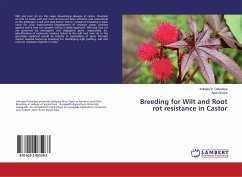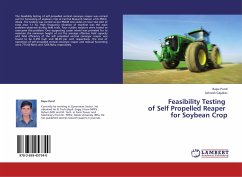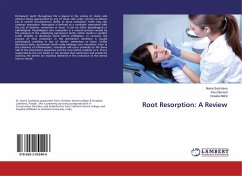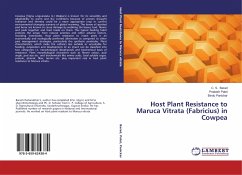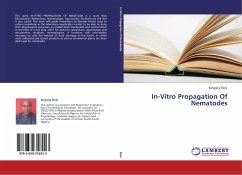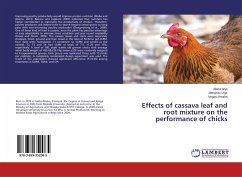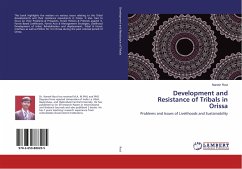Experiments were conducted in the screen house of the International Institute of Tropical Agriculture, Ibadan and the teaching farms of University of Agriculture, Abeokuta in 2001 to screen 48 genotypes of soybean for resistance to Meloidogyne incognita. Large variability in resistance existed among the genotypes and between locations. Frequency of resistance was 9% - 10% compared to 40% - 76% susceptibility when both locations were considered separately. However, two genotypes, which showed resistance to M. incognita in the field, were susceptible in the screen house. Sources of resistance to the nematode were traced to 11 different exotic ancestral accessions from the Asian Vegetable Research Development Centre, Taiwan. High variability in resistance was also manifested by selected ancestral genotypes of the resistant soybeans identified. Fifty-four percent of the grandparent materials evaluated in the ancestry were efficient hosts of the nematode. Although, pooled data showed that nematode infection correlated negatively with plant height, stem girth, number of nodules, branches and pods as well as days to 50% flowering of soybean, means of individual data set for each parameter
Hinweis: Dieser Artikel kann nur an eine deutsche Lieferadresse ausgeliefert werden.
Hinweis: Dieser Artikel kann nur an eine deutsche Lieferadresse ausgeliefert werden.

